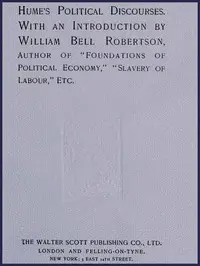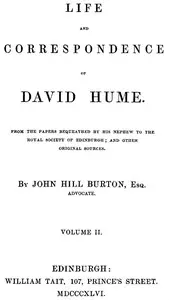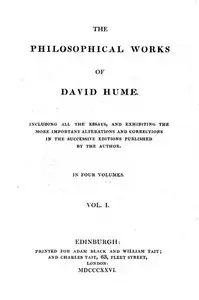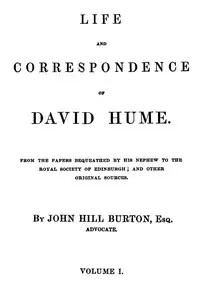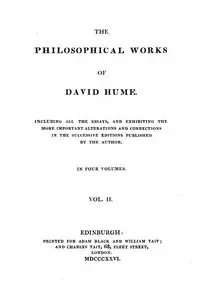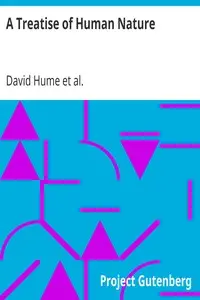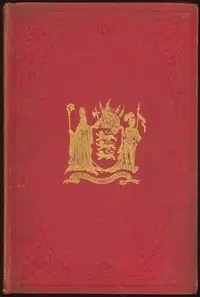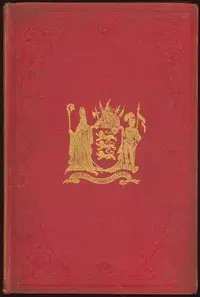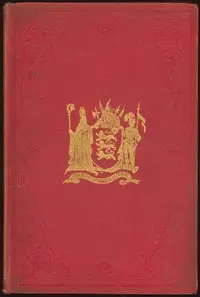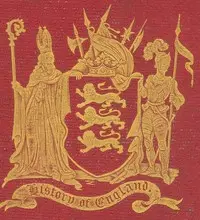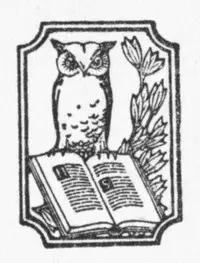"Essays" by David Hume is a gathering of philosophical writings from the 1700s, where Hume examines subjects like politics, personal preferences, and the structure of government, showing his interest in moral and political thought. The collection begins by looking into Hume's life, discussing his upbringing, schooling, and the challenges he overcame before becoming a well-known philosopher. An introductory biography prepares the reader to understand Hume's viewpoints, recounting his early life and his choice to pursue writing instead of law, as well as his time in France, during which he started working on important books like his "Treatise of Human Nature." The first essay then shares Hume's ideas on the "finer points of taste and emotion," looking at how being sensitive to beauty and hardships influences human life, stressing that although great sensitivity can bring both bigger joys and sorrows, it is better to develop a love for the arts to keep one's emotions in check.

Essays
By David Hume
Explore the mind of an 18th-century thinker as he muses on government, morality, and what it means to truly savor life.
Genres
Released
2011-05-17
Formats
epub
epub (images)
epub3 (images)
mobi (images)
mobi
txt
Free Download
Summary
About the AuthorDavid Hume was a Scottish philosopher, historian, economist, and essayist who was best known for his highly influential system of empiricism, philosophical scepticism and metaphysical naturalism. Beginning with A Treatise of Human Nature (1739–40), Hume strove to create a naturalistic science of man that examined the psychological basis of human nature. Hume followed John Locke in rejecting the existence of innate ideas, concluding that all human knowledge derives solely from experience. This places him with Francis Bacon, Thomas Hobbes, John Locke, and George Berkeley as an empiricist.
David Hume was a Scottish philosopher, historian, economist, and essayist who was best known for his highly influential system of empiricism, philosophical scepticism and metaphysical naturalism. Beginning with A Treatise of Human Nature (1739–40), Hume strove to create a naturalistic science of man that examined the psychological basis of human nature. Hume followed John Locke in rejecting the existence of innate ideas, concluding that all human knowledge derives solely from experience. This places him with Francis Bacon, Thomas Hobbes, John Locke, and George Berkeley as an empiricist.
Total Reviews
10.0k
Total reviews from Goodreads may change

